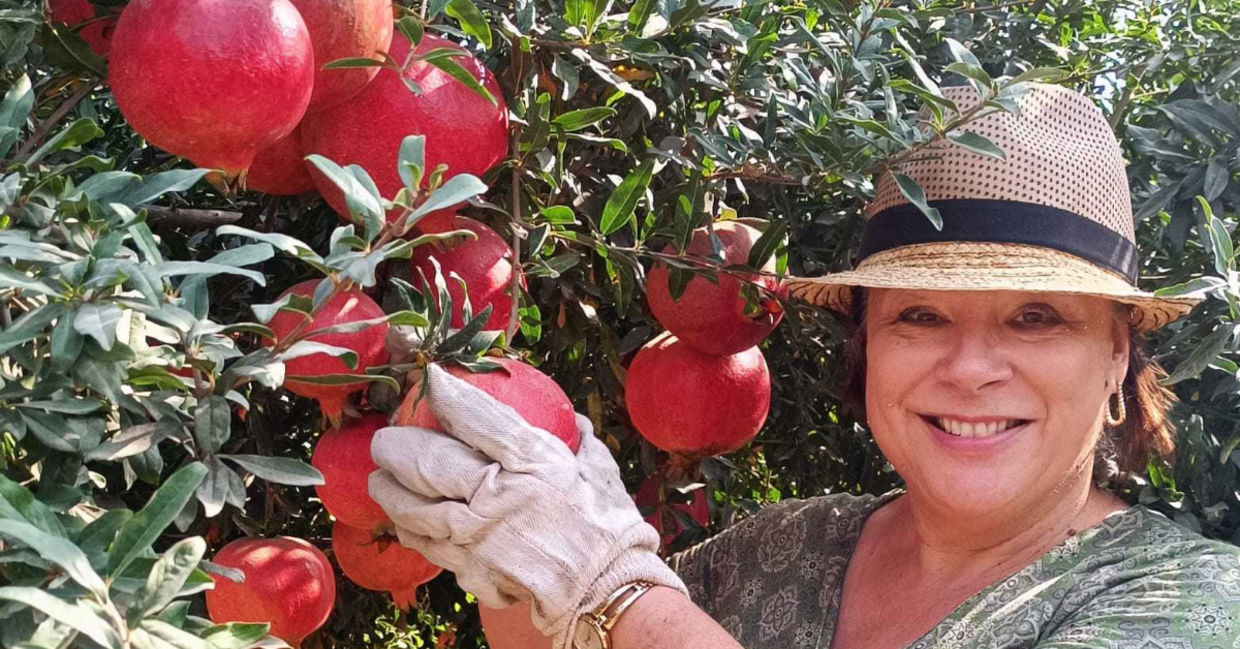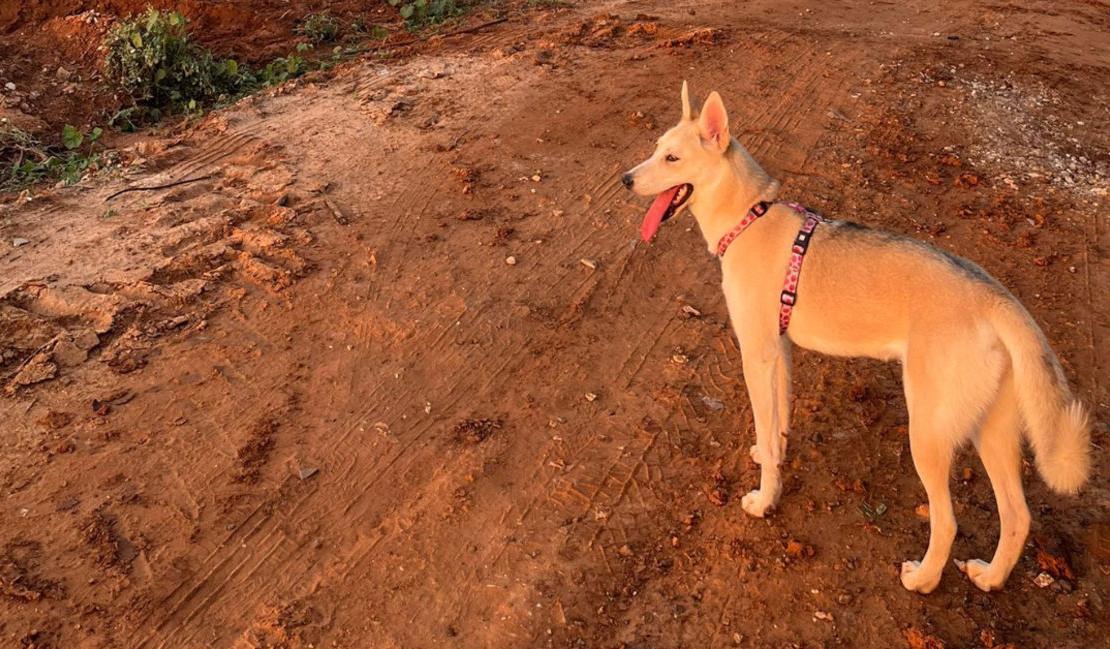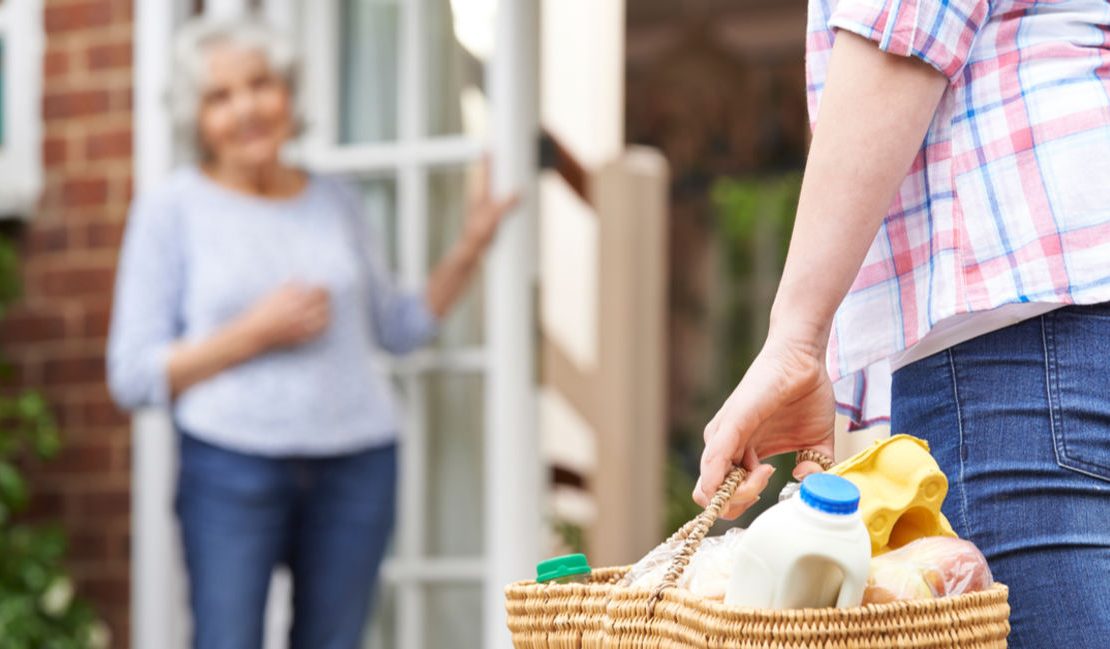
(Photo courtesy @ Hadassa Strahl)
In the heartland of Israel, where lush fields and bountiful orchards bear witness to the nation’s agricultural legacy, a brutal attack perpetrated by the Hamas terrorist organization claimed the lives of 1,400 civilians and saw hundreds of innocent people kidnapped and tortured, also unleashed an agricultural crisis of unprecedented proportions. As the security situation led to the departure of foreign laborers, who traditionally played a pivotal role in the country’s farming sector, Israeli farmers found themselves facing a daunting challenge, AP News reports. In the face of adversity, a remarkable story of unity and resilience emerged, as communities across the nation joined forces to help farmers in their time of need.
The abrupt departure of foreign laborers sent ripples of concern throughout the agricultural sector. Farmers, already grappling with the complex demands of their profession, were now faced with the overwhelming task of tending to their crops, knowing that a delayed harvest or planting season could lead to substantial losses. It was a critical moment that called for collective action.
Avi Chivivian, an organic vegetable farmer in southern Israel told AP News, “If we don’t plant potatoes now, there won’t be any in the spring. If we put our hands up, we will have a food crisis in Israel.”
Joining together in solidarity
In response, a wave of solidarity surged across the nation. Individuals from various walks of life, inspired by the spirit of community and a profound appreciation for the importance of agriculture, rallied to support the farmers. These volunteers represented a wide spectrum of society, including students, retirees and urban dwellers. Their shared goal was clear: to ensure that no crop went to waste and that Israeli farmers received the help they desperately needed.
“My friend and I volunteered today in the beautiful orchards of kibbutz Tzora. Whenever we volunteer we feel needed and our small contribution is always very much appreciated. We worked with volunteers from all over the country side by side, as well as with the woman who is one of the owners of the orchard. She does not usually work in the field, but all hands are indeed needed for the harvest,” Hadassa Strahl told Goodnet, adding “volunteering specifically at this time is the least I can do for our country and spread a little light during these difficult days!”
Lending a helping hand
Volunteering efforts were organized through various channels, including social media, community groups, and agricultural associations. These initiatives emphasized the urgent nature of the situation and called upon those with available time and a willingness to lend a hand. Volunteers came armed with a strong work ethic, determination, and an eagerness to learn, embracing the opportunity to experience the agricultural world firsthand.
The farmers, in turn, welcomed these volunteers with open arms, appreciating the selflessness and dedication they brought to the fields. Bonds were formed, fostering a profound sense of connection to the land and the individuals who work it.
Witnessing these volunteers come together to help Israeli farmers in challenging times reminds us of the indomitable spirit of human compassion and the resilience of communities facing adversity. In the face of the crisis, people of all backgrounds united to preserve the livelihoods of farmers and secure the nation’s food supply. As the crops were gathered and the fruits of their labor harvested, the volunteers sowed the seeds of hope and solidarity, providing a poignant example of what can be achieved when people unite for a common cause.
This article was originally published on Goodnet and appears here with permission.




